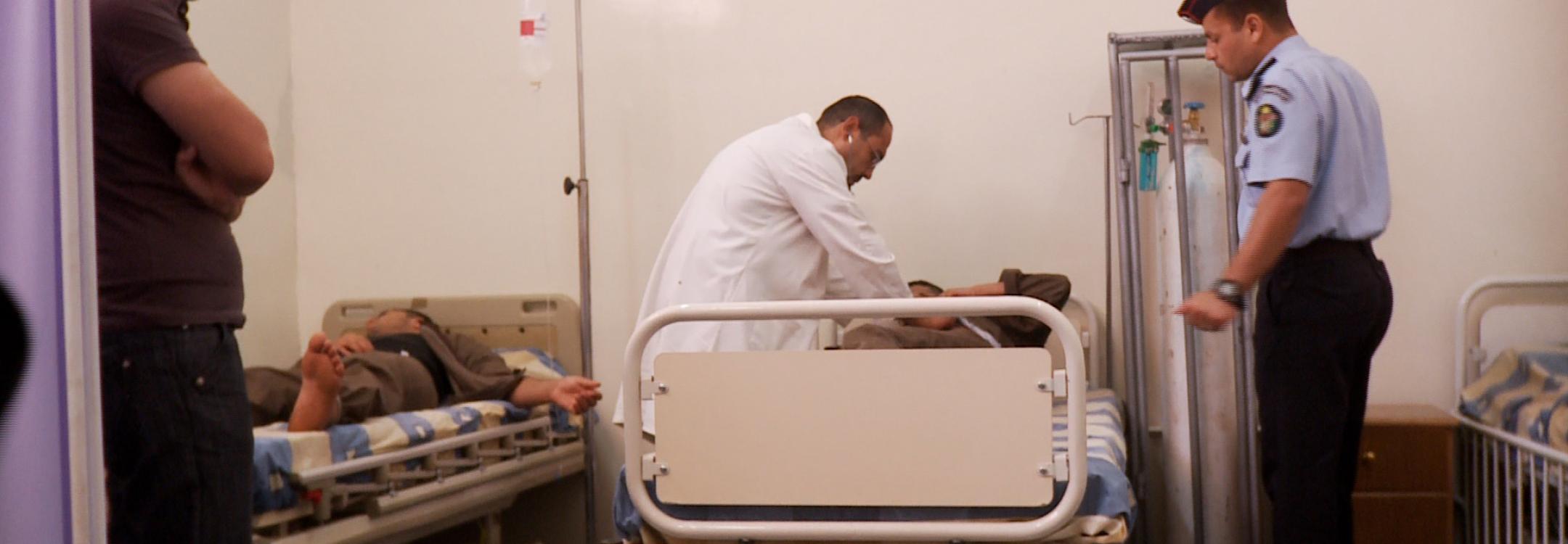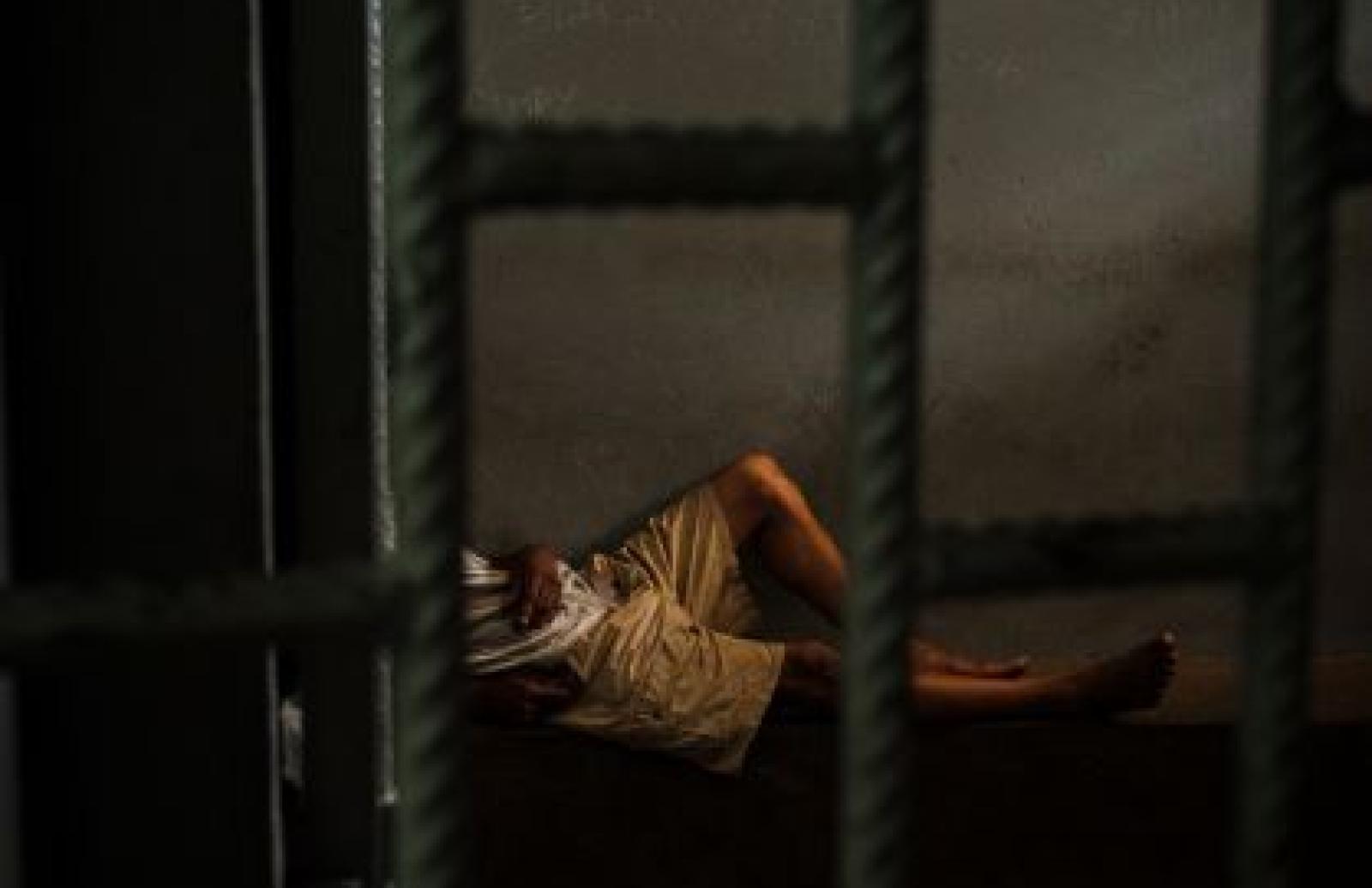
Torture happens in secret, when people are cut off from the outside world and are totally reliant on those detaining them for their care and safety.
Detention safeguards, respected in practice by the authorities, are essential to bring transparency and ensure access to and from the outside world. These safeguards are especially important during the first hours of deprivation of liberty, when the risk of torture and ill-treatment is highest.
Detention safeguards are set out in international and regional standards. We support and encourage detaining authorities to implement these safeguards. We also assist oversight bodies to monitor and make recommendations on their implementation.
HOW WE WORK
In Malaysia, the Philippines and Thailand, our #SafeInCustody project presented approaches to counter forced confessions and incommunicado detention during police custody.
In Madagascar, we have worked with authorities to establish a standardised custody register and a letter of rights for detainees.
In Brazil, we continue to advocate for custody hearings, held within 24 hours of arrest, to be conducted in person, rather than by video technology.
SAFEGUARDS DURING THE FIRST HOURS OF DETENTION
Access to a lawyer from the first moment of deprivation of liberty is a key safeguard to ensure access to legal defence and reduce the risk of torture and ill-treatment. Contact with a lawyer in police custody is key, as well as the presence of a lawyer during questioning.
Notifying family members immediately of a person’s arrest and detention reduces the risk of torture and ill-treatment by promoting transparency. It allows family members to visit the person deprived of liberty, if allowed, and confirm their well-being and to arrange legal representation.
Access to a medical doctor from the first moments of a person’s detention not only upholds a core duty of the authorities, it contributes to reduce the risk of torture. A medical doctor can assess whether a person has been ill-treated and ensure any necessary care is provided.
Information about these rights is essential for all persons deprived of liberty to make sure they are able to exercise these rights. Information should be available in languages and formats that can be understood by all detainees.
OTHER KEY SAFEGUARDS
Access to a judge allows detainees to challenge the legality of their detention (habeas corpus) and ensures oversight of their treatment during their arrest and custody. It also allows a judge to ensure the rights of detainees are respected, and respond to any allegations or indications of ill-treatment. The judge should hear the detainee in person.
Access to an effective complaint procedure helps ensure that detainees’ rights are respected and infringements on those rights can be reported and investigated. These mechanisms can take a variety of forms but they should be independent, accessible, confidential, impartial and thorough, and provide a prompt response with the possibility of appeal.
Audio video recording of police questioning is a key safeguard to protect against coercive interrogations and forced confessions. It also protects law enforcement against false accusations of torture and ill-treatment.
Authorities should maintain accurate files and records, appropriate to that institution, such as prison records, a daily log, disciplinary records, medical records, as well as individual detainee files. These records help prevent abuse and ill-treatment and are a guard against enforced disappearances.
PERSONS AT HEIGHTENED RISK
Some people may face heightened risks when deprived of liberty, including women, children and LGBTI+ persons, among others. Additional support and safeguards are necessary to protect them from violence and discrimination.
